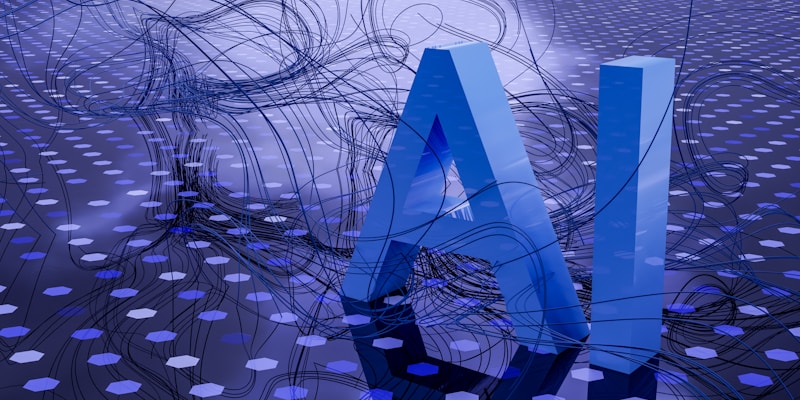The AI Revolution: Transforming Daily Life in 2025

The Smart Home Revolution
Walk into a modern smart home today, and you'll witness AI in action. Thermostats that learn your schedule and adjust temperatures automatically, lighting systems that respond to your daily routines, and security cameras that can distinguish between a family member and a stranger. These aren't futuristic concepts—they're available today and becoming increasingly sophisticated.
Companies like Google, Amazon, and Apple have created ecosystems where AI seamlessly integrates multiple devices. Your morning alarm doesn't just wake you up; it triggers a cascade of AI-driven actions: the coffee maker starts brewing, the thermostat adjusts to your preferred temperature, and your calendar briefing plays through smart speakers.
Productivity and Personal Assistance
Perhaps nowhere is AI's impact more immediately felt than in personal productivity. Modern AI assistants have evolved far beyond simple voice commands. They now understand context, learn from patterns, and proactively suggest actions that can save time and reduce cognitive load.
AI in Action: Real-World Examples
- Email prioritization and automated responses
- Calendar optimization and meeting scheduling
- Document summarization and content creation
- Expense tracking and financial insights
Healthcare and Wellness
AI's impact on healthcare extends far beyond hospital settings. Wearable devices now use machine learning to detect irregular heart rhythms, predict potential health issues, and provide personalized fitness recommendations. Apps can analyze your sleep patterns, stress levels, and activity data to offer insights that were once only available through expensive medical consultations.
Mental health applications use AI to provide 24/7 support, offering coping strategies and detecting early warning signs of depression or anxiety. While these tools don't replace professional healthcare, they're making wellness more accessible and proactive.
Transportation and Mobility
The transportation sector is experiencing one of the most visible AI transformations. While fully autonomous vehicles are still in development, AI-powered features are already standard in many cars: adaptive cruise control, lane-keeping assistance, automatic emergency braking, and parking assistance.
Beyond individual vehicles, AI is optimizing entire transportation networks. Traffic management systems use real-time data to reduce congestion, ride-sharing apps employ algorithms to match drivers and passengers efficiently, and public transit systems use predictive analytics to improve service reliability.
The Workplace Evolution
AI is fundamentally changing how we work, automating routine tasks and augmenting human capabilities. Customer service chatbots handle basic inquiries, allowing human agents to focus on complex problems. Content creation tools assist writers, designers, and marketers in producing higher-quality work more efficiently.
Data analysis, once requiring specialized skills and significant time investment, is now accessible through AI-powered tools that can identify patterns, generate insights, and create visualizations automatically. This democratization of data analysis is enabling better decision-making across all levels of organizations.
Important Considerations
While AI offers tremendous benefits, it's crucial to consider privacy, security, and ethical implications:
- Data Privacy: Understand what data AI systems collect and how it's used
- Bias Awareness: Recognize that AI systems can perpetuate existing biases
- Human Oversight: Maintain human judgment in critical decisions
- Continuous Learning: Stay informed about AI developments and their implications
Looking Ahead: What's Next?
As we move further into 2025 and beyond, AI integration will only deepen. We can expect more sophisticated personal AI assistants, improved healthcare diagnostics, smarter cities with AI-optimized infrastructure, and educational tools that adapt to individual learning styles.
The key to navigating this AI-powered future is staying informed, maintaining a balance between automation and human agency, and approaching new technologies with both enthusiasm and critical thinking. The AI revolution isn't something happening to us—it's something we're actively participating in and shaping.
Ready to Embrace the AI Revolution?
Stay ahead of the curve with our weekly insights on technology, productivity, and modern living.
Back to Home